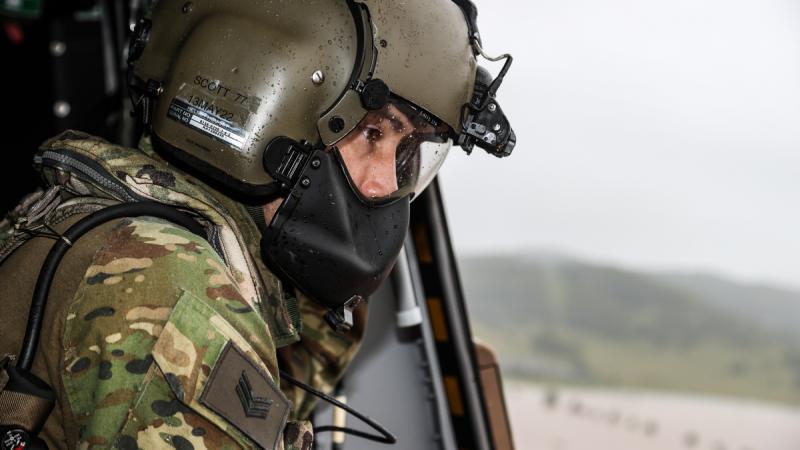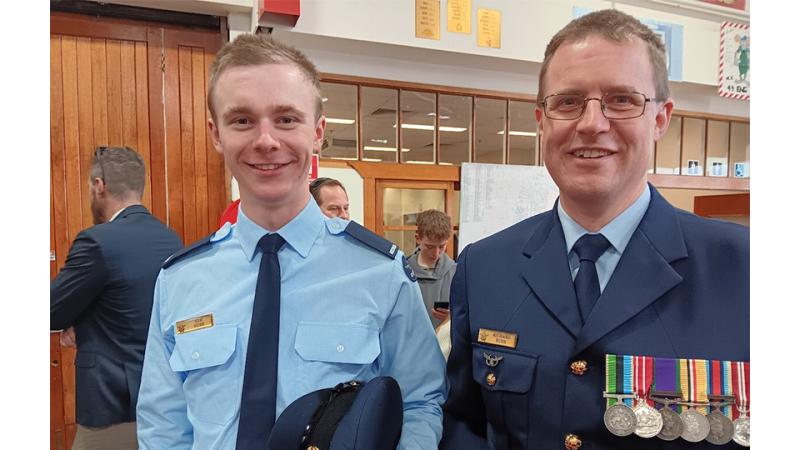27 October 2025
Your kayak capsizes and you are trapped. Immediately, you are hyper-aware of your breath, where your mates are, and each painful second ticking over. Stress rears its head and is poised to strike.
This was part of the experiential learning activity undertaken by 40 lieutenants from the Army School of Logistic Operations (ASLO), Bandiana, completed at Latchford Barracks as part of the Logistic Officer Basic course.
Fresh from the Royal Military College – Duntroon, these young leaders are some of the first being put through their paces by Army Logistic Training Centre’s human factors cell.
Commanding Officer ASLO Lieutenant Colonel Phillip Clague said the activity helped raise the bar in terms of readiness.
“These are the youngest leaders in Army, so everything we do with them is going to resonate for the next 10, 20, 30 years,” Lieutenant Colonel Clague said.
“It's critical they have the individual skills to manage themselves, but they understand how those skills mesh into a team – a team which they will lead as they go forwards.
“Training individuals to manage stress, and teams in stressful situations, means they are going to be better prepared for any exercise or operation they may be deployed on.”
The day comprised three activities: stress response training in the Latchford Barracks pool, a team raft-building and problem-solving activity, and multiple dry-land problem-solving and fitness games.
'These are the youngest leaders in Army, so everything we do with them is going to resonate for the next 10, 20, 30 years.'
Human Factors S02 Major James Brundish said each activity followed the experiential learning cycle of concrete experience, reflective observation, abstract conceptualisation and active experimentation.
“The reason we use the experiential learning cycle is because in the ADF we are heavily reliant on the use of drills and processes, so when we experience moments of stress or uncertainty, we’ve got something to come back to,” Major Brundish said.
He said exposing participants to new experiences was key, such as being tipped over in a kayak.
“They are feeling trapped because they are secure in the kayak and they need to rely on somebody else to give them an assistance to be able to get themselves out of that potential drowning situation – an experience very few people have had,” he said.
“The key component is learning stress mitigation. We teach them to count to 20 seconds, and at 20 seconds they can self-recover. The counting itself, such a basic tool we’ve learned since childhood, is something that helps distract the mind from the immediate stress.”
Lieutenant Kiesha Dowsett said rolling a kayak for the first time was scary.
“But that’s the whole point of the training,” Lieutenant Dowsett said.
“By the end, you definitely have a sense of confidence in yourself. I learned it’s easy for the negative self-talk to creep in, and when that happens, you start to panic a little bit more. So I found it’s important to control your thoughts. That calms you down and it makes it a lot easier.
“I think it’s a really great opportunity for us, especially as junior officers, to get these skills early in our career and be able to take that back to our units to use in real-life situations.”


